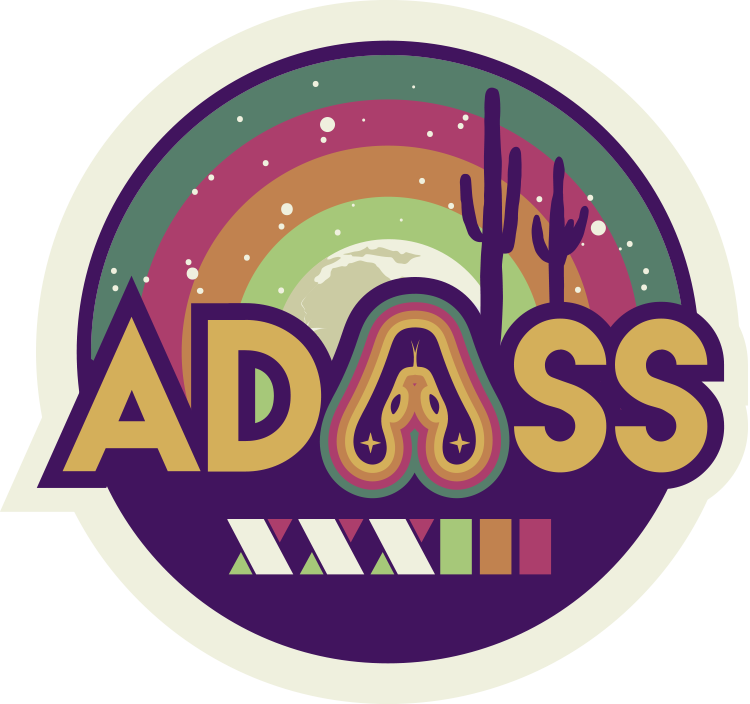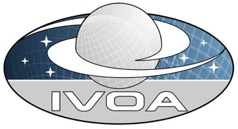ADASS posters are displayed all week
When
Theme: Science with data archives: challenges in multi-wavelength and time domain data analysis
After a successful year of discoveries since the first public JWST images were revealed, the James Webb Space Telescope (JWST) has solidified its position as the premier space science observatory. Over the past year, the ESAC Science Data Centre (ESDC) has taken the lead in establishing the European JWST Science Archive (eJWST), aimed at enhancing the scientific outcomes of this remarkable observatory. As a part of the collaborative efforts involving NASA, ESA, and CSA, all JWST metadata and public data are now being seamlessly synchronised in real-time, mirroring the Mikulski Archive for Space Telescopes (MAST) JWST archive at the Space Telescope Science Institute (STScI).
The eJWST Science Archive ensures swift, intuitive, and user-friendly access to Webb's invaluable data: for both private observations (data stored at STScI) and public observations (data housed at ESDC) with utmost convenience. This provides a guide to the exploration of the celestial landscape viewed by JWST, contextualising observation data and metadata within the realm of multi-wavelength science. Integration with the ESASky tool (containing access to all ESA science archives) enriches the experience, while archive data viewers offer on-the-fly previews. Moreover, we will illustrate how the eJWST Archive propels scientific research by offering various helper tools, such as searches based on the ADQL query language and dedicated Python modules including the ESA JWST Astroquery module. This package is also included within the JWST section of ESA Datalabs, an innovative science exploitation platform developed by the Data Science and Archives Division at ESAC.
In addition, the James Webb Space Telescope workspace within ESA Datalabs will be presented. Here we highlight the software packages that are at users' disposal for processing JWST products, along with sample notebooks that empower exploration and analysis of data from the European JWST archive. The JWST area in ESA Datalabs comes equipped with the latest version of the processing pipeline and associated calibration files (contexts), which are updated daily. Furthermore, this workspace serves as a hub for JWST workshops and summer schools. By relieving lecturers and participants of software configuration and setup concerns, it allows users of ESA Datalabs to focus their energies squarely on the analysis of JWST data.



